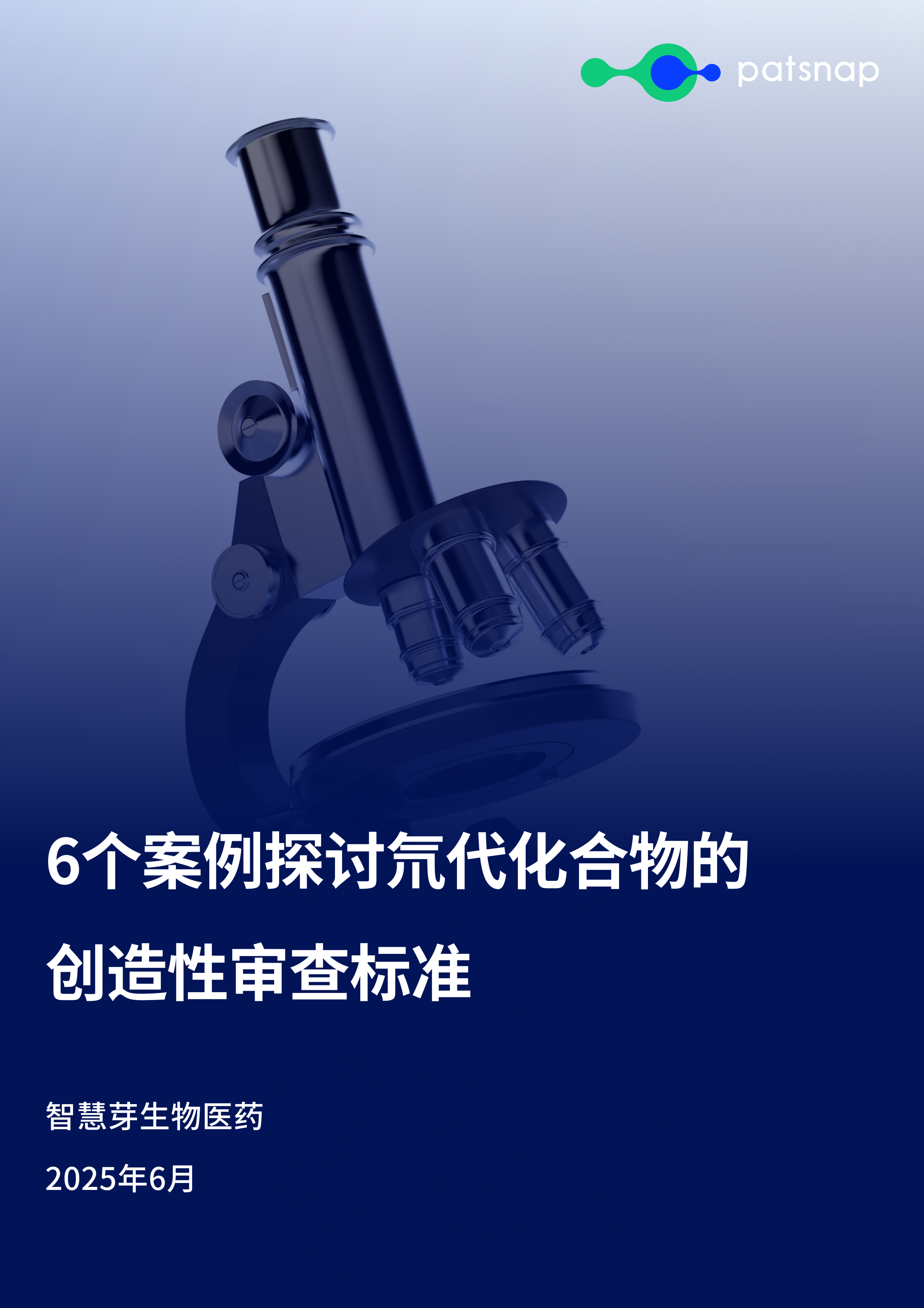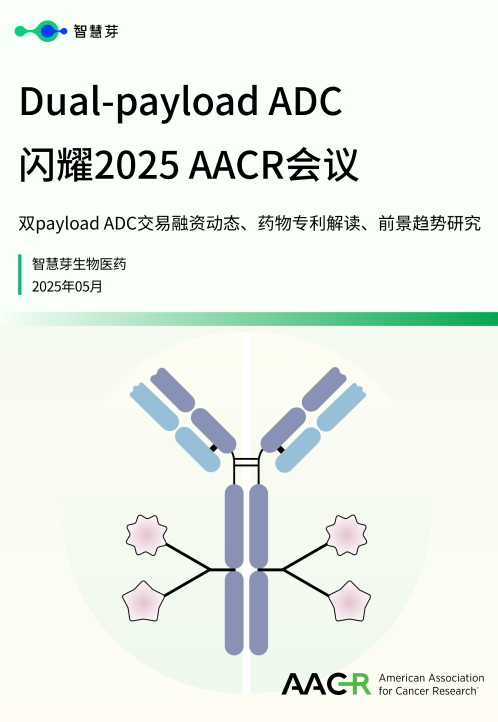预约演示
NextCure Publishes Non-Clinical Data Demonstrating Anti-Siglec-15 Treatment Prevented Bone Loss Due to Immobilization from Acute Spinal Cord Injury
临床结果AACR会议免疫疗法
NextCure, Inc. (Nasdaq: NXTC), a clinical-stage biopharmaceutical company committed to discovering and developing novel, first-in-class immunomedicines to treat cancer and other immune-related diseases, today announced the publication of a manuscript titled “Anti-Siglec-15 Antibody Prevents Marked Bone Loss after Acute Spinal Cord Injury-Induced Immobilization in Rats” in JMBR Plus, a journal of the American Society for Bone and Mineral Research (ASBMR). The data demonstrated that NC605, a novel anti-Siglec-15 (S15) antibody, prevented bone loss, but more importantly preserved bone strength in animal models of severe immobilization resulting from acute spinal cord injury.
Following spinal cord injury, patients typically suffer rapid and extensive bone loss. While anti-resorptive therapies have shown some efficacy in inhibiting bone loss, these agents also inhibit bone formation. In preclinical testing, NC605 has been shown to prevent bone loss by inhibiting osteoclast maturation and bone resorption by binding S15, which is expressed on the cell surface of immature osteoclasts and upregulated in differentiated osteoclasts. Unlike anti-resorptive therapies, NC605 enhances osteoblast recruitment, resulting in overall enhanced bone quality.
“Bone loss due to severe immobilization is rapid, progressive and severe. Skeletal fragility in patients with immobilization injuries, including many veterans under long term care in VA centers, places them at great risk for fractures. With no practical interventions currently available, there is a substantial unmet clinical need for therapeutics that can prevent bone loss due to severe immobilization,” said Solomon Langermann, Ph.D., NextCure’s chief scientific officer. “The data highlight the unique and favorable features of Siglec-15 antibodies relative to current anti-resorptive agents, and suggest encouraging potential for NC605 to mitigate the striking bone loss and preserve bone strength in patients with spinal cord injury or other immobilization injuries.”
In the animal model of spinal cord injury, bone mineral density (BMD) was assessed and compared to control animals. Key findings from the study include:
Treatment with anti-S15 antibody completely prevented loss of BMD in the femur and tibia.
High-resolution imaging analysis revealed almost complete prevention of trabecular bone volume loss.
Blood and bone structure analyses revealed that the anti-S15 antibody was able to greatly inhibit bone resorption while maintaining bone formation and quality.
Ex vivo analysis showed increased numbers of osteoblasts as well as increased levels of mRNA encoding osteocalcin and bone sialoprotein (BSP), markers of bone formation and integrity, demonstrating a unique ability of the antibody to reduce osteoclast formation and bone resorption while promoting osteoblast recruitment to maintain bone integrity.
The data were generated in collaboration with Dr. Weiping Qin, Icahn School of Medicine at Mount Sinai and collaborators at the Spinal Cord Damage Research Center, James J. Peters Veteran Affairs Medical Center, Bronx, New York.
About NextCure, Inc.
NextCure is a clinical-stage biopharmaceutical company committed to discovering and developing novel, first-in-class immunomedicines to treat cancer and other immune related-diseases. Our focus is to bring hope and new treatments to patients who do not respond to current therapies, patients whose disease progresses despite treatment and patients with diseases not adequately addressed by available therapies. www.nextcure.com
The content above comes from the network. if any infringement, please contact us to modify.
药物
Eureka LS:
全新生物医药AI Agent 覆盖科研全链路,让突破性发现快人一步
立即开始免费试用!
智慧芽新药情报库是智慧芽专为生命科学人士构建的基于AI的创新药情报平台,助您全方位提升您的研发与决策效率。
立即开始数据试用!
智慧芽新药库数据也通过智慧芽数据服务平台,以API或者数据包形式对外开放,助您更加充分利用智慧芽新药情报信息。



